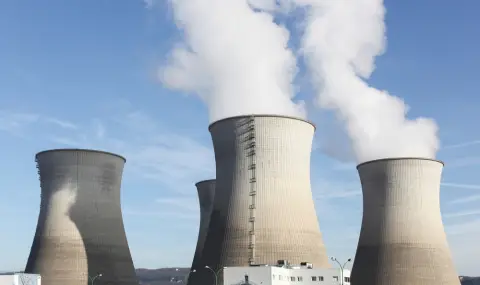US President Donald Trump's order to freeze spending on the country's climate and infrastructure laws is a chance for Europe to attract investment in clean technologies. This was stated by Poland's Deputy Climate Minister Krzysztof Bolesta to “Reuters“, quoted by News.bg.
Last week, Trump ordered the suspension of funds from the Inflation Reduction Act (IRA) and the Infrastructure Investment and Jobs Act — Biden-era schemes that finance spending and tax credits in clean industries. The White House emphasized that the pause is aimed at programs that do not support the development of fossil fuels or focus on electric vehicles.
“I think this is our moment. "This is our window of opportunity because many companies I have spoken to have complained about the IRA," said Krzysztof Bolesta, Poland's state climate secretary.
He noted that companies have said they will move investments to the United States to avoid strict European regulations and take advantage of the IRA subsidies, which were initially intended to provide support of about $400 billion.
"Now I think the money will be harder to get in America, and we have our chance, so I very much hope we don't miss it," Bolesta added.
It is unclear how much funding will be directly affected by Trump's IRA order. The Biden administration has announced that the majority of grants for clean energy programs have already been disbursed under contracts signed by the Biden administration.
The U.S. government’s U-turn on support for clean industry investments coincides with Brussels preparing a new European Union industrial policy, due to be published next month and aimed at supporting industries as they decarbonize.
EU officials suggest that the “Clean Industry Deal” package will include simpler and faster rules for state aid investments and public procurement rules that give preference to locally produced versions of certain technologies.
Bolesta said the priority was to simplify complex EU rules, including the carbon border tariff (CBAM), which will impose a cost on CO2 emissions on imported goods from 2026.
“We are hearing encouraging voices that the CBAM will be simplified as part of the Clean Industry Deal,“ he said. “Because we see when we work on implementation that this can create a lot of bureaucracy, especially for smaller companies“.
